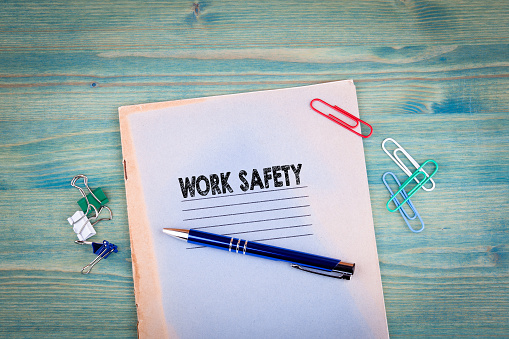Overheating & dehydration are common causes of construction accidents
Lawyers who handle workplace injury cases explain
Many construction accidents occur due to dehydration and workers overheating, according to a recent study that emphasized the importance of construction workers staying properly hydrated while working in hot and humid weather.
An estimated 5 to 10 million construction workers face health risks every day on the job due to overheating, according to the study. That’s why it’s critical that construction companies provide regular access to clean drinking water to employees in order to avoid heat-related injuries.
“Without easy access to fluids, workers can become dehydrated, which is a prime cause of heat illness,” the study states, adding that the “health benefits of proper hydration” makes “for a more productive and healthier work force.”
How common are heat-related injuries?
A total of 79,660 construction workers sustained injuries on the job that required them to miss work in 2019, according to annual workplace injury statistics compiled by the U.S. Bureau of Labor Statistics. Precise statistics concerning how many of those injuries involved excessive heat exposure were not available.
However, heat exposure-related injuries involving all workers in all industries have been a problem for years, according to the Occupational Safety and Health Administration (OSHA). In particular, OSHA noted that 50 to 70 percent of heat exposure-related illnesses or injuries “occur in the first few days of working in warm or hot environments because the body needs to build a tolerance to the heat gradually over time.”
In addition, OSHA noted that roofing workers are some of the most at-risk construction workers when it comes to heat-related illnesses and injuries. Specifically, thousands of roofers become seriously sick each year due to occupational heat exposure, another OSHA study stated.
What’s the best way to prevent heat illness?
The best way to avoid heat illness while working at a construction site is to stay properly hydrated throughout the day. This means drinking water regularly. Construction workers should drink 5 to 7 ounces of fluids every 15 to 20 minutes, OSHA recommends.
In addition, employers need to make sure that construction workers have access to water at all times on the job. Employers also need to make sure that construction workers have the time to take short breaks in order to regularly drink water.
Construction workers and employers should also be aware of the warning signs of heat exhaustion or other heat-related illnesses:
- Dizziness or lightheadedness
- Throbbing headache
- Bright red skin
- Vomiting and nausea
- Muscle cramps
- Disorientation or confusion
Construction workers and construction companies need to take warning signs very seriously. Otherwise, workers can get very sick or ill due to heat exhaustion, dehydration, and other heat-related illnesses.
How can a lawyer help?
You might think you don’t need an attorney if you sustained a heat-related injury or illness while working at a construction site. Many cases often turn out to be complicated legal matters, however. Sometimes, it’s because the construction company denies doing anything wrong. Other times, the construction company’s insurance company can make things difficult and deny your injury claim.
Construction accident attorney Deborah G. Kohl and her talented legal team at the Law Offices of Deborah G. Kohl know how to deal with these types of cases. Our familiarity with them comes from years of working with construction workers injured on the job in Massachusetts and Rhode Island. You may be entitled to financial compensation in the form of workers’ compensation benefits or additional money, especially if the construction company you work for failed to take preventative steps to protect your health and safety.
Learn more about your legal rights if you or a loved one sustained a serious injury or illness due to heat exposure at a construction site. Contact our law firm and schedule your free case evaluation at one of our three office locations in Massachusetts and Rhode Island.


